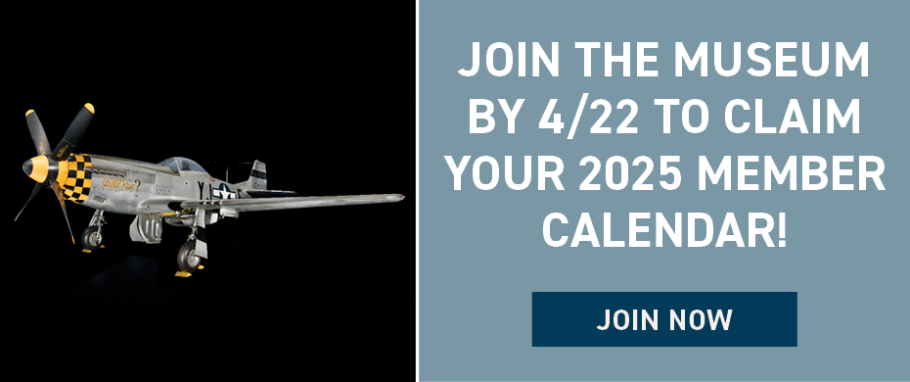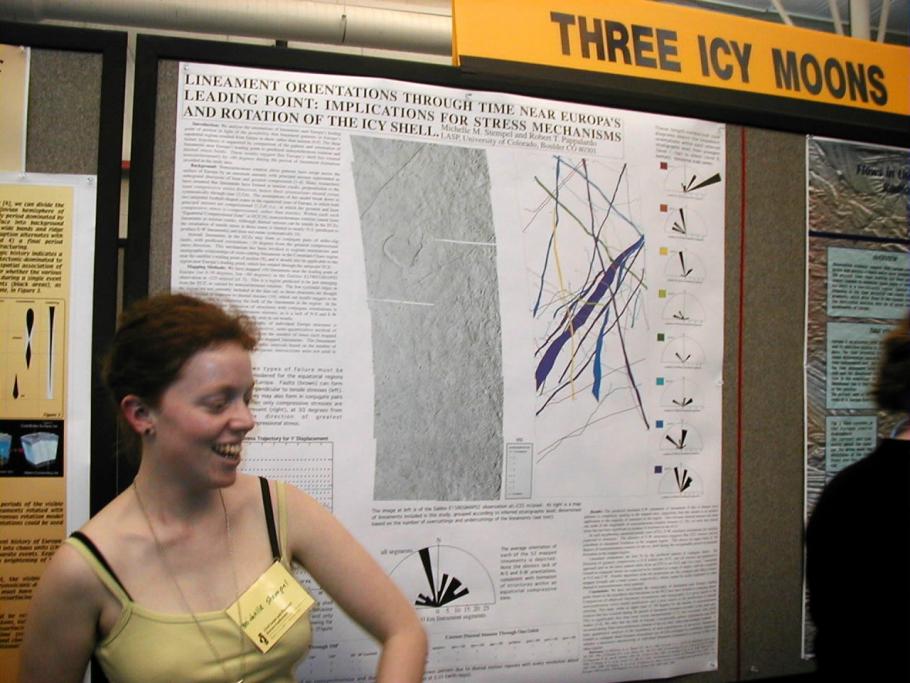My first word was JET, since we lived near an Air Force base and experienced sonic booms on a regular basis. My fascination with the heavens took off from there. Growing up, my family went camping and backpacking a lot, and one of my clearest memories of that time is looking up at a dark, dark sky and pointing out satellites to each other, those little moving points of light that are sometimes so faint I could only see them in my peripheral vision. Far above airplanes, they fly through our sky. For a ‘day on the job’ in high school, I tagged along with a local pilot, as he taught ground classes that were only slightly beyond my math level at the time, and then taught flight lessons in a small four-seater airplane. Talk about a great incentive for learning more math! Looking down on suburbs and ranches as we flew snug up against the front range of the Rocky Mountains, I fell in love with the idea of flying not as a passenger but as a pilot. I went to countless planetarium shows growing up, and was encouraged in my interest of Hubble images, showing colorful and fantastically-shaped galaxies far away, and the polar caps of Mars up close. In high school, I went to occasional talks by astronomers, and by the time I got to college, I was ready to hear a lot more! And the pilots of the telescopes and spacecraft we use to study the heavens are engineers…so, I began college as an aerospace engineer. The class I remember best from my first year of college is Intro Astronomy, the first term of which dealt with our own Solar System…how did the massive greenhouse atmosphere of Venus get that way, if it started out similar to Earth (as we think it did)? Well, you can think about it like feedback on Jimi Hendrix’s guitar during a performance: when he gets close to one of the speakers, the blasting music vibrates his guitar strings, which causes louder output from the speakers, which again increases the vibration of his guitar strings. This is the analogy that made positive feedback in a climate system (the runaway greenhouse effect) easy to understand for me. So instead of being interested in airplanes, I found myself interested in spacecraft. And instead wanting to fly them, I found myself wanting to see all the data they returned. My fascination with the heavens took off again. Instead of becoming an engineer, I became a physicist (and sociologist, but that’s another story!), one who studies planets. I talked about my interest with one of the new faculty in the Astrophysical and Planetary Sciences department, and was taken on as an undergraduate researcher. It’s wild to think back to that time, at how little of what I know now I knew then, of how new I was to the process of doing research. The first thing to really grab me, to pull me in hook, line, and sinker, was attending the 33rd Lunar and Planetary Science Conference. I was awed by the throng of people at the poster session, where I stood presenting my research, talking loudly over the din. I was impressed by the snappy talks where 50 – 100 people sat listening, taking notes, and whispering commentary to their neighbors. I wanted to be part of that world.
Now I think of it as ‘this’ world, the world I’m immersed in through my work life. I just returned, along with most of the Museum’s Center for Earth and Planetary Studies staff, from the 44th Lunar and Planetary Science Conference. It was every bit as engaging as the first one I attended, but for different reasons. Instead of being in awe of the whole spectacle, I feel a sense of belonging. I am now a postdoctoral fellow with an undergraduate mentee who presented work he did with me last summer. I sat down for long talks with researchers I’ve admired for years, to brainstorm ideas for research projects we might work on together. I gave a talk on my research on the origins of tectonic features on Mercury, and a poster on some of the outreach I do in the Museum. I caught up with old friends I went to graduate school with, and new ones I’ve met recently at workshops. I have become a pilot in a sense, the one at the controls of my own work experience. So here I find myself, a planetary scientist, working with amazing people on fascinating projects. I could have become a pilot or an engineer, but instead I’m a scientist working in a museum that honors all three professions. This is one of those times I count my blessings, and smile!

